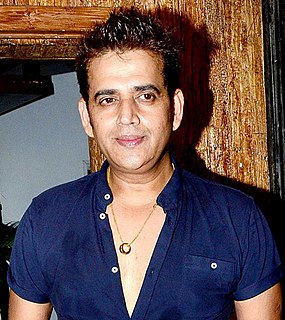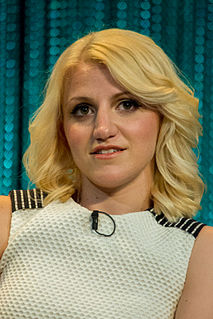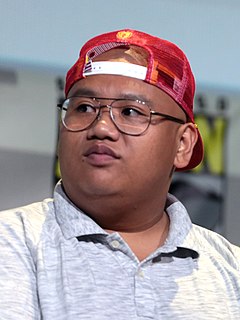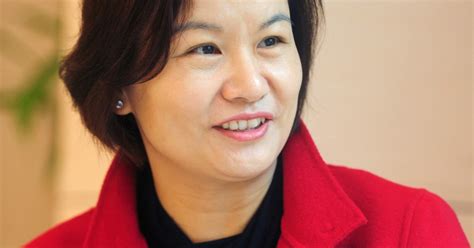A Quote by Juan Mata
As a child, we would all go to a tiny village near Burgos, and we'd have typical Spanish parties in the summer. There would be a band and grandparents dancing all night dressed up as American Indians and things like that.
Related Quotes
For me, my entry point, when I was old enough, was the skinhead/suedehead thing, sort of like '70/'71. People didn't have much money - they would save up, or whatever - but everyone always dressed up. You'd go to a dance at the football club on a Thursday night and all of us kids - all of us from maybe like 12 to 16 - were all dressed up.
It has always been like that with changes. In 1913, we established divorce as a right for women in Uruguay. You know what they were saying back then? That families would dissolve. That it was the end of good manners and society. There has always been a conservative and traditional opinion out there that's afraid of change. When I was young and would go dancing at balls, we'd have to wear suits and ties. Otherwise they wouldn't let us in. I don't think anyone dresses up for dancing parties nowadays.
American Indians would, you know, scalp them and desecrate the bodies, you know, tie them to cactuses or bury them in anthills or things like that, and you know, cut up the bodies and stuff. And then the other enemy soldiers would come across and find their comrades laying there, ripped apart, and they would be sickened by it and it would scare them.
I thought A Prairie Home Companion would be an interesting thing to do for a summer or so. Public radio was just seven years old in 1974. It was a tiny organization in which a lot of things got started simply because there was all this time to fill. If you wanted to do an hour on Lithuanian folk dancing, you probably could have done it.
When I started making films I just decided "I'm the filmmaking equivalent of a garage band and I'll just make my garage band movies." But even the same musicians from garage bands would go to my movies and you could tell what they liked from the way that they dressed and they would be the first ones to walk out.
Suddenly the land is haunted by all these dead Indians. There is this new fascination with the Southwest, with places like Santa Fe, New Mexico, where people come down from New York and Boston and dress up as Indians. When I go to Santa Fe, I find real Indians living there, but they are not involved in the earth worship that the American environmentalists are so taken by. Many of these Indians are interested, rather, in becoming Evangelical Christians.






































